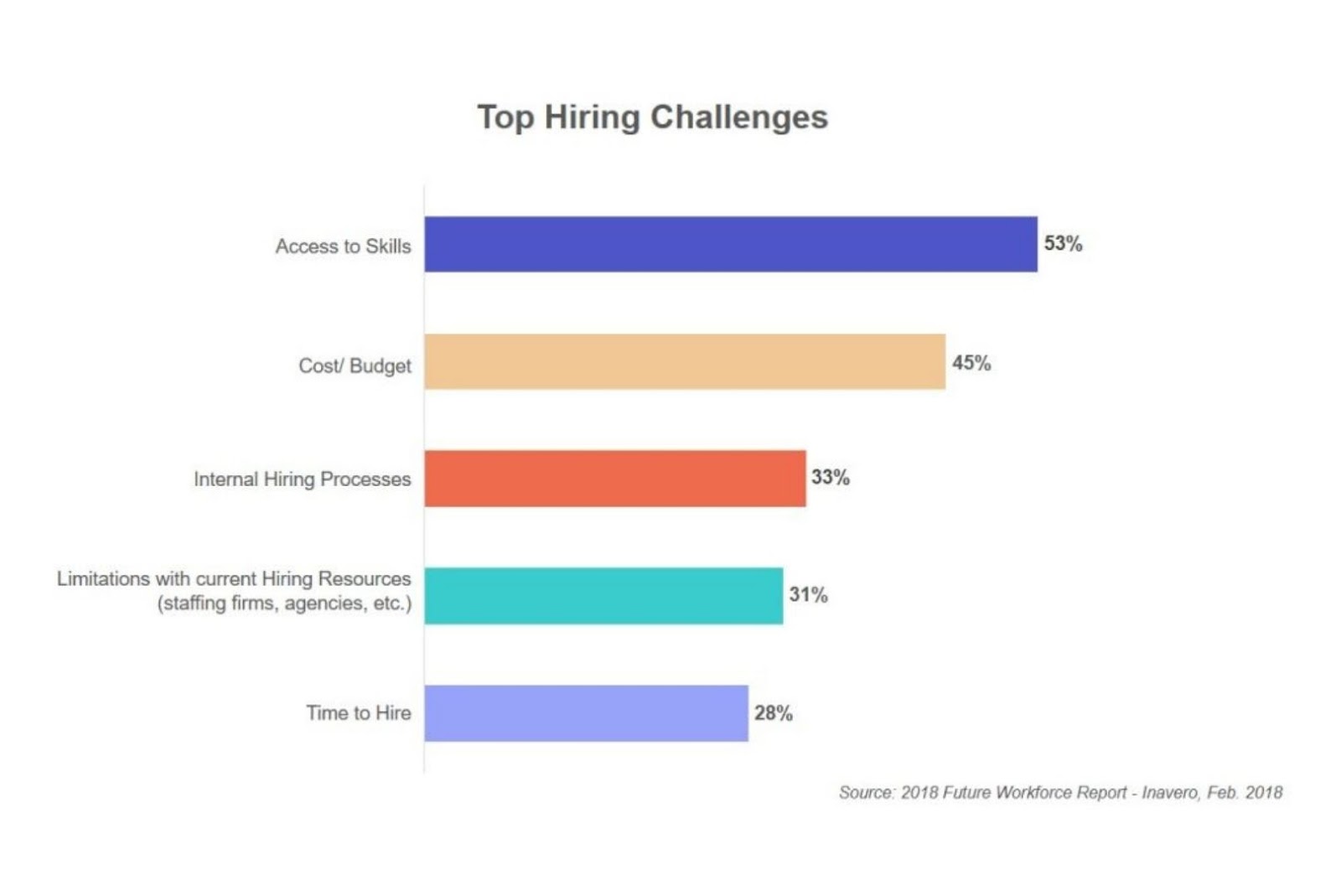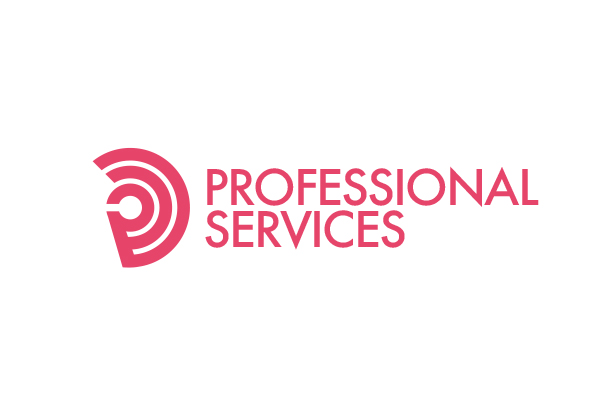
Financial software developers must have the ability to work with big-data. These developers must be proficient in both mathematical modeling as well as distributed systems architecture. They must have excellent problem solving skills. This career includes information about the job outlook and salaries. If you're interested in becoming a financial software developer, read on to learn more about what it takes to become successful in this career.
Job outlook
A job as a financial software developer requires an understanding of coding languages and data structures. They also need to be comfortable working with large amounts of data. Many financial institutions use cloud computing services, such as AWS and Azure. Data engineers are becoming more essential as cloud-based computing services grow. The quality, efficiency, as well as reliability of financial data engineers is often their responsibility. They need to be proficient in data visualization, data optimization, and data analytics.
Many industries can employ financial software developers. The type of financial institution they work with and the needs of its customers will determine which software they create. This means that they could work with a small bank or a large financial institution. They may also work with credit card companies, which are constantly developing new financial software for a variety of purposes.

Salary
Financial software developers' salaries vary depending on experience and education. Additional compensation could include bonuses for achieving specific milestones. The demand for these software developers is projected to increase faster than average over the next decade, as financial institutions continue to invest in new technologies. Many companies are searching for automated ways to improve customer services.
From a low salary of $56,730 up to a high one of $116.670, financial software developers can earn a range of salaries. ZipRecruiter reports that Chicago is home to some of the best-paying areas in the country. Financial Software Developers earn an average of $121,275 annually in Chicago. This is approximately $3,375 higher than the national average.
Skills needed
Financial software developers should have many skills. First, they must be able to code. This skill allows them create programs that can handle large amounts data. They also must be familiar with distributed systems architecture and mathematics. Data analysis is another skill that they must possess to develop applications in the financial industry.
Next, they must be able to communicate with clients and explain complex financial concepts. They should be able to receive feedback from clients and help improve their software.

Career path
If you are interested in a career that involves computer programming, financial software developers might be a good choice. This job requires that you are proficient in a number of programming languages as well as data structures. Financial software developers are skilled at creating accurate and efficient programs. They must be able to analyze large amounts of data and perform complex calculations.
Financial software developers may work in offices but also at home. They generally work normal business hours, but may need overtime to meet deadlines. They need to be able and able to communicate with clients and colleagues.
FAQ
What is a consultant?
Consultants provide services for others. It's more than just a job title. This role allows you to help others achieve their dreams. You do this by helping them understand their options and helping them make the right choices.
Consultants have the ability to solve any problems or challenges that may arise from projects. They can provide guidance and advice on how to implement the solutions.
Consultants should be able and willing to answer any questions regarding business, technology or finance, leadership, strategy, customer service, legal, management, leadership, management, law, management, law, procurement, legal, marketing, human resources, etc.
What is the secret to modern consulting?
Accounting professionals were the first to become consultants. They helped companies manage their finances. They became known as "accounting consultants." This was because they had become very skilled at managing financial information. This role quickly expanded to include human resource management.
The French word meaning "to advise" in French is what gave rise to the term "consultant". This term was originally used by businessmen to denote someone who could give guidance on how to run an enterprise. Even today, many business owners still use "consultant" when referring to professional advisors.
What happens after the consultant completes the job?
After the consultant finishes the work, s/he will send a final report outlining the results. This report includes project timelines, deliverables, and any other pertinent information.
The report will be reviewed and you can decide if the consultant met all your expectations. If you are not satisfied with the consultant's report, you have the option to ask for modifications or to terminate your contract.
Are consulting incomes subject to tax?
Yes, you must pay tax on the consultancy profits. It depends on how much income you make per year.
If you are self-employed, expenses can be claimed on top of your salary. These expenses include rent, childcare and food.
But you won't be able to deduct interest payments on loans, vehicle depreciation, or the cost of equipment.
You can only claim back 25% of your expenses if you earn less than PS10,000 a year.
You might be taxed even if you make more than the threshold depending on whether your income is contractor or employee.
Pay as you Earn (PAYE) is the most common method of taxing employees. Contractors pay VAT.
Statistics
- On average, your program increases the sales team's performance by 33%. (consultingsuccess.com)
- According to statistics from the ONS, the UK has around 300,000 consultants, of which around 63,000 professionals work as management consultants. (consultancy.uk)
- So, if you help your clients increase their sales by 33%, then use a word like “revolution” instead of “increase.” (consultingsuccess.com)
- "From there, I told them my rates were going up 25%, this is the new hourly rate, and every single one of them said 'done, fine.' (nerdwallet.com)
- WHY choose me: Why your ideal client should choose you (ex: 10 years of experience and 6-week program has helped over 20 clients boost their sales by an average of 33% in 6 months). (consultingsuccess.com)
External Links
How To
What's a typical day like for a Consultant?
Each type of work will dictate the day's pace. But generally speaking, you will spend time researching and planning new ideas, meeting clients, and preparing reports.
You will have many meetings where clients and you can discuss their issues. These meetings can be held over the telephone, online or face-to face.
The proposal is a document that outlines your ideas and plans to clients. These proposals should be discussed with a mentor or colleague before being presented to clients.
After all the preparation, you'll need to start creating content. Writing articles, designing websites, editing photos or conducting interviews are just some of the options.
Depending on the scope of the project, you may need to do some research in order to gather relevant statistics or figures. It may be necessary to know how many customers are currently using your products or services.
Once you have collected enough information, it's now time to present the findings to your clients. You can either present your findings in writing or orally.
Finally, you must follow up with clients after the initial consultation. For example, you could call your clients periodically to check how things are going. Or send them emails asking them to confirm they have received the proposal.
Although this process can take time, it is important to stay focused and build good relationships with your clients.